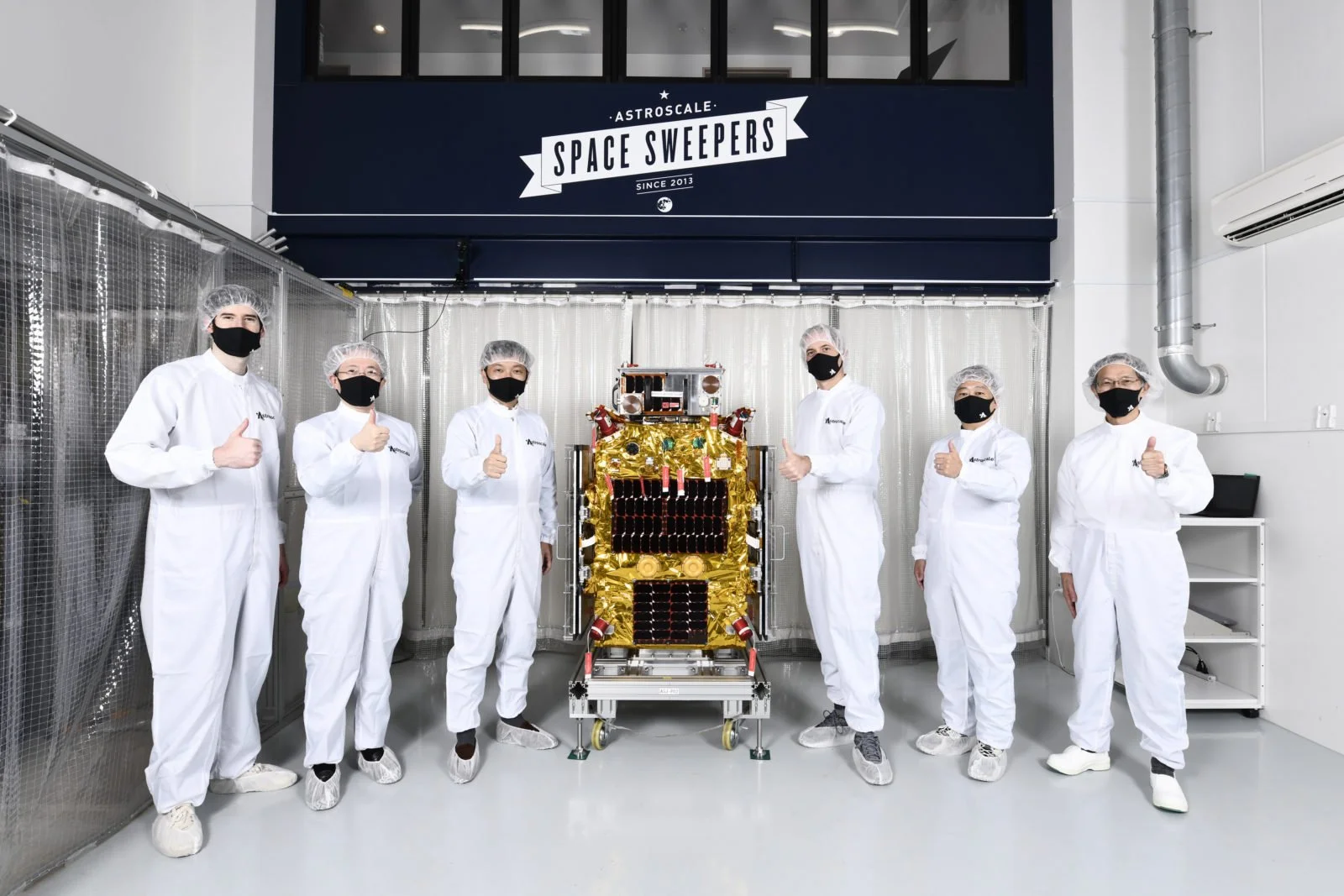Home-Grown Unicorns
Japanese startup investment poised to accelerate
Japanese Prime Minister Fumio Kishida (center) alongside award-winning startup founders.
There are 488 unicorns in the United States and 170 in China. Japan is home to just 11. The Ministry of Economy, Trade and Industry (METI) is on a mission to narrow this gap.
The first step is identifying the barriers to global success for Japanese startups.
A combination of factors is hindering the development of Japan’s startup ecosystem, explained Shinpei Ago, deputy director-general for startup policy in the agency’s Minister’s Secretariat. Firstly, the entrepreneur population is relatively small. Rather than starting or joining startups, a lot of Japan’s top talent is being scooped up straight from university by big companies. Secondly, venture capital (VC) funds operating in Japan are small compared with those in many countries. And Japanese startups are often too focused on the domestic market and lack a global mindset.
Shinpei Ago, deputy director-general for startup policy in the Minister’s Secretariat of METI shares the latest on the startup environment in Japan.
All these issues are intertwined, so a piecemeal approach that tackles each one by one will not be effective. Instead, Ago concludes, a cross-ministry initiative featuring a comprehensive set of policy measures addressing all the challenges at once is needed.
In June, Japan’s Cabinet Office approved the Grand Design and Action Plan for a New Form of Capitalism: Investing in People, Technology, and Startups. The plan includes the formulation of a five-year roadmap for nurturing Japan’s startup ecosystem.
Agencies will also explore how to free up entrepreneurs from systems which discourage them from taking risks—specifically, the practice of requiring entrepreneurs to extend personal guarantees for loans from financial institutions, thus making them liable to repay debt. While the government-backed Japan Finance Corporation already provides loans to some startups without personal guarantees, this type of financing is set to be expanded.
To grow the talent pool for startups, METI is considering expanding its Exploratory IT Human Resources Project, also known as the MITOU Program, which aims to discover and nurture top IT talent. More than 2,000 people have completed the program since its launch in FY2000, and more than 300 have successfully started a business or brought a product to market. Well-known alumni include Miku Hirano, chief executive officer and founder of Cinnamon Inc., an artificial intelligence development company, and Ken Suzuki, chairman and CEO of Smart News Inc., developer of Japan’s leading news curation app.
The government’s new approach to working with international VC funds is sure to draw attention. Beyond capital, VC funds also bring valuable expertise on how to grow businesses, manage talent, and build rich networks. Partnering with international VC funds helps Japan expand opportunities to nurture fledgling domestic startups.
Japan has experienced a quiet renaissance as startup investments increased nine-fold between 2013 and 2021. That trend may be set to continue with the emergence of even more globally minded entrepreneurs.
One Japanese startup looking beyond Japan is Astroscale.
CEO Nobu Okada (third from left) and the management of Astroscale pose with a satellite designed to test core technologies necessary for cleaning up space debris. Photo: Astroscale
In the nine years since its founding, the on-orbit servicing company has leveraged its prowess in the deep tech sector to global acclaim. Time magazine named Astroscale to its TIME100 Most Influential Companies list in 2022.
Space debris is a truly global issue. More than 35,000 objects orbit Earth, including defunct satellites and upper bodies of rockets. A collision with these objects traveling at eight kilometers per second could greatly damage working satellites, potentially affecting national security, telecommunications, television broadcasts, and much more. Major disruptions could put us back 70 years.
The secret to Astroscale’s success lies in founder and CEO Nobu Okada’s pioneering of a completely new market—so new that some said it didn’t exist even on a global stage. From the start, he had a firm commitment to global business development. While many startups launch in Japan and aim to go global after achieving domestic success, working globally from the start primes a business for success and helps it avoid competing over the smaller domestic pool of funding, Okada said.
METI hopes that the success of new homegrown ventures such as Astroscale, combined with greater government support, will inspire and encourage more entrepreneurs to be bold enough to shoot for the stars.




